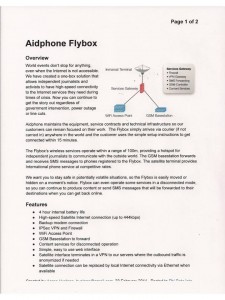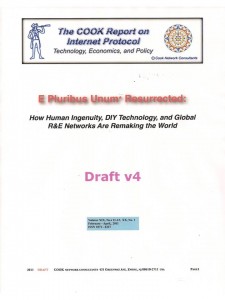NightWatch Essay: Some time ago, David Goldman, purporting to channel Oswald Spengler for Asia Times Online, wrote a farsighted essay [And Spengler is…] that anticipated, predicted and warned that modern impulses in the youth of the Middle East would rise up against conservative institutions to assert a modern definition of being Arab, Berber, Turk, Persian as well as Muslim. He identified the cohorts under 25 as the driving force in these pan-regional impulses.
The events that began in December 2010 in Tunisia seem to have validated parts of Goldman's prophecy. He foresaw the struggle as one between modern educated youth and the conservative, sclerotic Islamic clerisy of mullahs and ayatollahs. In the essay, Spengler did not anticipate an intermediate phase in which the cohorts of modernization battled the stodgy pan Arab socialist authoritarian strong men.
Few prophets live long enough to see even part of their vision come to pass, as has Goldman's in 2011. However, the youth that started the pro-democracy movement lack the experience and shrewdness to plan well. Still, they have spoken the language of human rights, individual worth and elected, accountable government. The words should have been a rallying call to the Western democracies.
Those states that have the maturity and wisdom to help guide the Arab pro-democracy movement are the great western democracies, who else. But, the great democracies in North America and Europe have dithered. President Reagan's beacon on a hill has not shined its light on the Arabs.
Continue reading “NIGHTWATCH Essay: Youth, Democracy, & the West”






